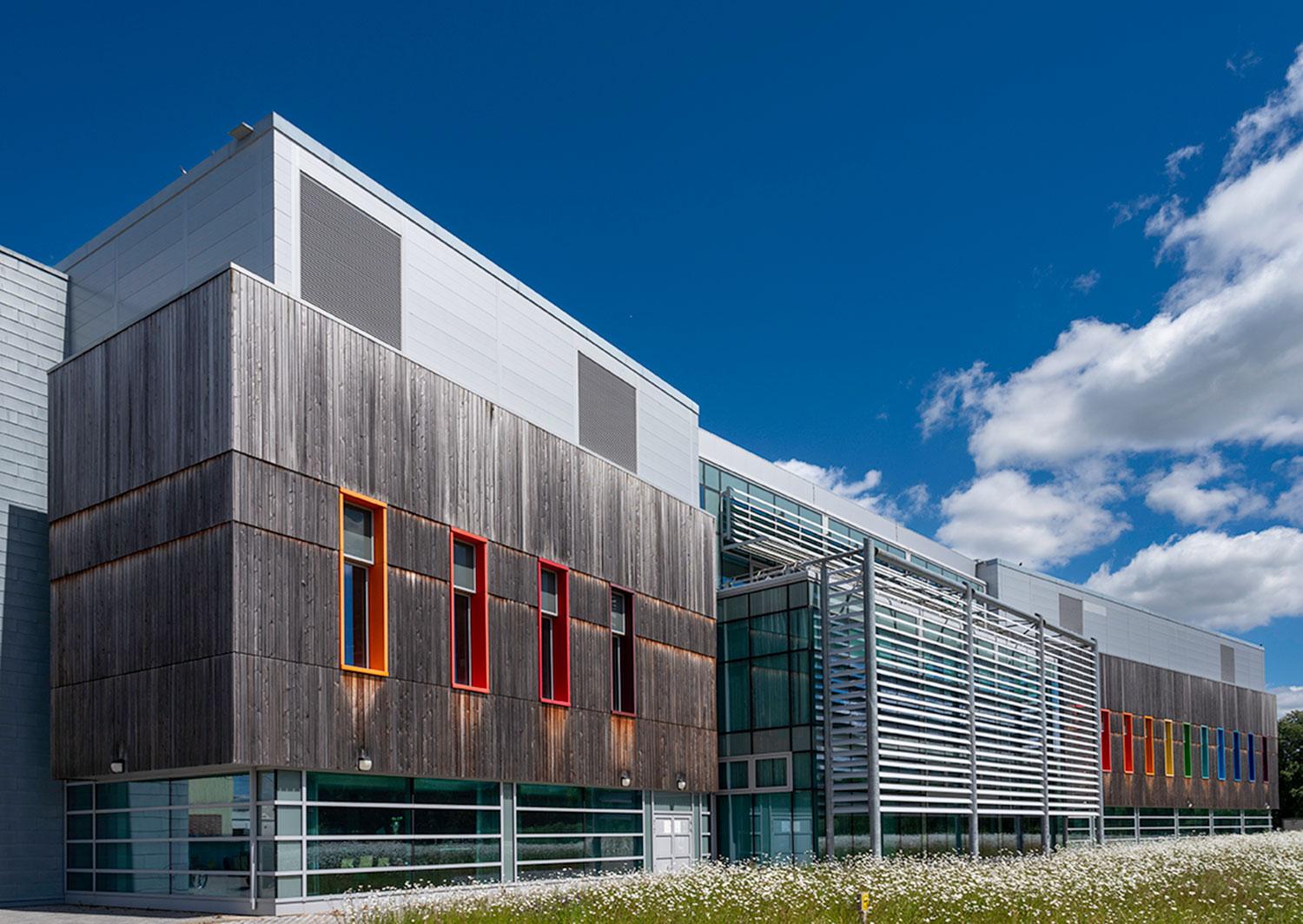The production of accurate and relevant training material requires collaboration from many different disciplines. For example, a course that focuses on engineering may include material provided by our biosafety team. Here you can read about who Pirbright Training collaborate with when we design training.
Biosafety
Graeme Harkess, Head of Bio-Risk and Site Biosafety Officer (BSO)
Graeme leads the coordination of compliance with Pirbright’s site licence, under the Specified Animal Pathogens Order (SAPO) 2008, the Control of Substances Hazardous to Health Regulations 2002, and the Genetically Modified Organisms (Contained Use) Regulations 2014, and with other legislation applicable to biorisk. Graeme ensures the suitable and sufficient assessment of biorisk and the monitoring of operational biorisk controls to ensure their full implementation and effectiveness. He is also the primary point of contact for the HSE on all biorisk matters.
Engineering
Nik Hayward, Specialist Equipment Owner, Air Systems
Nik has over 30 years of experience in validation and compliance, from scheduling to performing and the execution of statutory inspections for facilities, including cleanrooms, aseptic pharmacies, and SAPO 4 high containment areas. Currently, Nik directs the maintenance activities of the air systems that form part of our high-containment facilities. Coordinating maintenance teams to deliver planned preventive maintenance and any remedial actions that are required, along with supporting detailed work instructions and standard operating procedures.
Phil Hackney, Engineering Safety and Risk Manager
Phil heads up the Engineering Compliance Team, part of the Engineering and Maintenance Services (EMS) department. He ensures a safe and compliant working environment, working collaboratively at all levels within the Capability and other Directorates to establish robust Health, Safety and Risk processes, standards and protocols for the EMS team. Phil oversees investigation, risk assessment, learning and development, quality control and safe systems of work for the EMS team, in collaboration with Risk & Assurance.
Science
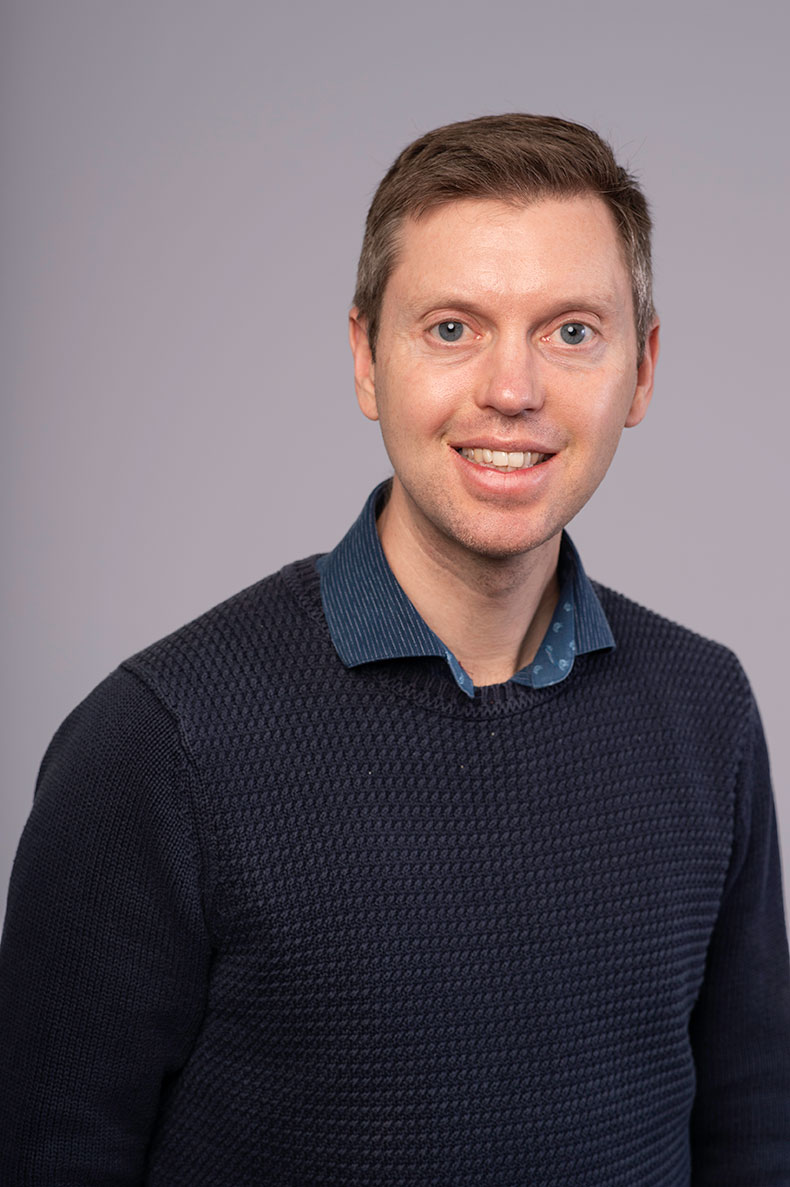
Martin Ashby, Senior Scientist - Non-Vesicular Reference Laboratories
Martin Ashby, BSc, PhD, is a senior scientist who has worked in the Non-Vesicular Reference Laboratories since 2018. Martin’s focus is on the detection and characterisation of several high-consequence viral diseases affecting livestock, including bluetongue disease, African horse sickness, epizootic haemorrhagic disease, African swine fever, peste des petits ruminants and lumpy skin disease. Martin leads the development, evaluation and validation of new diagnostic assays which facilitate early and accurate detection of viral disease, ultimately contributing to the enhanced understanding and management of notifiable diseases of livestock.
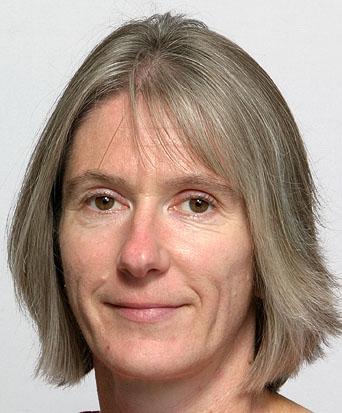
Sue Baigent, Postdoctoral Research Scientist - Avian Viral Diseases
Susan Baigent has worked at The Pirbright Institute (formerly The Institute for Animal Health) since 1991. She obtained her PhD from the University of Bristol in 1995, for research conducted at the Institute on ‘The immunological basis of genetic resistance of chickens to Marek’s disease’. Following a first post-doctoral position researching sensitivity of avian influenza viruses to the drug zanamivir, Susan returned to working on Marek’s disease in 2002 in Professor Venugopal Nair’s Avian Oncogenic Virus Group, which includes the OIE Marek’s disease reference laboratory.
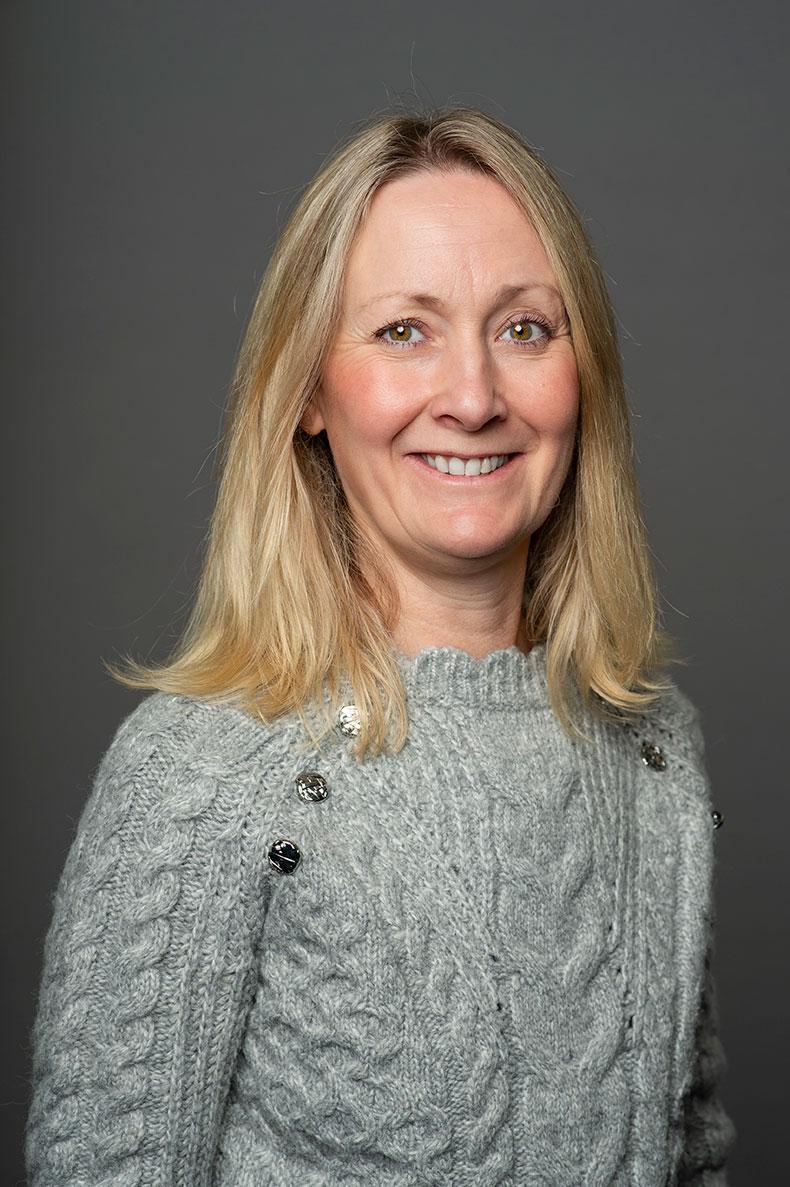
Carrie Batten, Head of Non- Vesicular Reference Laboratories
Dr Carrie Batten is Head of the Non-Vesicular Reference Laboratory and is designated as the World Organisation for Animal Health (formally OIE) expert for Bluetongue virus and African Horse Sickness Virus. Dr Batten leads the UK National Reference Laboratories for bluetongue, African horse sickness, African swine fever, morbilliviruses and capripoxviruses working closely with the other WOAH disease specific experts at Pirbright. She has a background in microbiology and virology, and has over 20 years’ experience in viral diagnostics, surveillance and disease control.
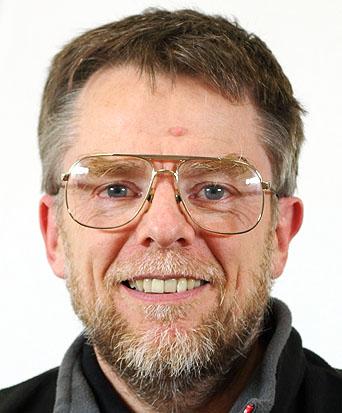
Michael Baron, Group Leader - Paramyoxo and Bunyavirus LVD
Michael Baron worked at the Institute for 25 years, studying the molecular and cell biology of rinderpest and peste des petits ruminants viruses. He was made an Honorary Institute Fellow on his retirement in 2015, and continues to serve as the institute’s designated World Organisation for Animal Health expert on these viruses, which he has had done since 2008.
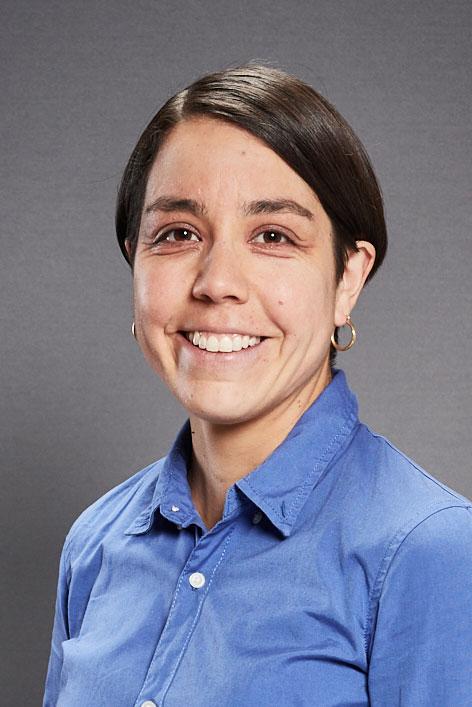
Georgina Limon-Vega, Group leader - Applied Epidemiology
Georgina is a veterinary epidemiologist with expertise on field evaluation of animal and zoonotic diseases, and their control measures. She currently leads the applied epidemiology research group. Georgina regularly provides advice to the World Organization for Animal Health (WOAH), Food and Agriculture Organization (FAO) and Defra on topics related to risk of incursion, spread and control of different transboundary animal diseases.

Munir Iqbal, Head of Avian Influenza
Professor Munir Iqbal is the Head of the Avian Influenza and Newcastle Disease group at The Pirbright Institute and a visiting professor at the Royal Veterinary College, London. Currently, he is leading several research projects aimed at defining the impact of genetic changes on the ability of avian influenza and Newcastle disease viruses to evade immune responses, cause increased disease severity, and allow cross-species transmission.
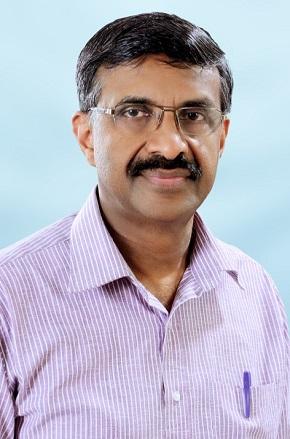
Venugopal Nair, Scientist Emeritus - Viral Oncogenesis and Vaccine Research
After 6 years postdoctoral research initially at the Indian Institute of Science, Bangalore and later at the Institute of Virology, Oxford, Venugopal joined The Pirbright Institute in 1994 to carry out research on avian oncogenic viruses. As the Head of the Avian Viral Diseases Programme during 2010-17, he led the Institute’s programme of research on avian virology and immunology. He went on to serve as Head of Pirbright’s Viral Oncogenesis group until March 2022, when he was made Scientist Emeritus.
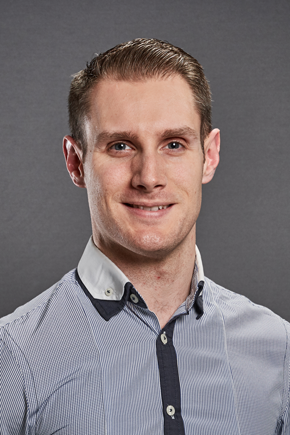
Matthew Tully, Senior Laboratory Analyst
Matt began his career at Merial (now Boehringer Ingelheim) focused on Foot and Mouth disease vaccine production and quality control. Wanting to develop his interests in virology, Matt joined the Non-Vesicular Reference Laboratory at the Pirbright Institute in 2018, specialising in molecular and serological diagnostics. A subject matter expert in virus neutralisation assays and other cell culture-based techniques, Matt has delivered training courses both internationally and in-house and recently published an article evaluating serological methods used to detect antibodies to Peste des Petits Ruminants virus.’
Ryan Waters, Named Veterinary Surgeon
Ryan qualified as a vet in 2006 from the university of Bristol, after having undertaken a BSc in Veterinary pathology at the Royal Veterinary College, and subsequently completed a PhD at The Pirbright Institute. Following a 2 year ORISE post-doctoral fellowship at the Plum Island Animal Disease Centre, Ryan returned to The Pirbright Institute first as a Biosafety advisor and now is the Named Veterinary Surgeon at The Institute, currently overseeing the Animal Services department, both in terms of staffing procedural activities, as well as animal facility design, management, and operation.
